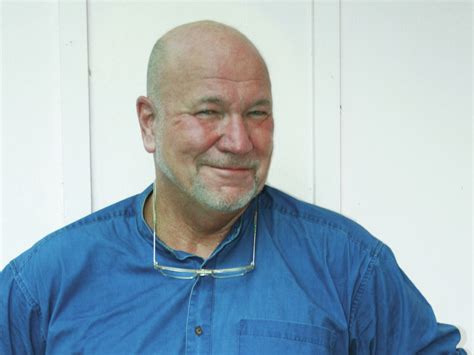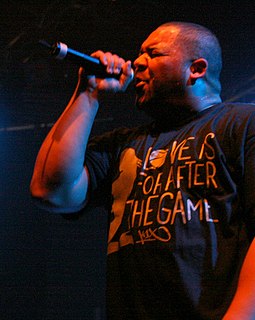A Quote by Randy Wayne White
The tough thing about writing is you go into a room alone, you close the door and you do your work.
Related Quotes
If you close your eyes you can imagine the hackers sitting in a room, combing through the documents to find the ones that will draw the most blood. And in a room next door are American journalists doing the same thing. As demented and criminal as it is, at least the hackers are doing it for a cause. The press is doing it for a nickel.
My advice for aspiring writers is go to New York. And if you can’t go to New York, go to the place that represents New York to you, where the standards for writing are high, there are other people who share your dreams, and where you can talk, talk, talk about your interests. Writing books begins in talking about it, like most human projects, and in being close to those who have already done what you propose to do.
Writing is finally about one thing: going into a room alone and doing it. Putting words on paper that have never been there in quite that way before. And although you are physically by yourself, the haunting Demon never leaves you, that Demon being the knowledge of your own terrible limitations, your hopeless inadequacy, the impossibility of ever getting it right. No matter how diamond-bright your ideas are dancing in your brain, on paper they are earthbound.
One may enter the literary parlor via just about any door, be it the prison door, the madhouse door, or the brothel door. There is but one door one may not enter it through, which is the child room door. The critics will never forgive you such. The great Rudyard Kipling is one of a number of people to have suffered from this. I keep wondering to myself what this peculiar contempt towards anything related to childhood is all about.
I've always been able to write rhymes and that would be like when you consult with your girl. When I'm mad and s - t like that I would throw headphones on and close my room door, when I'm mad I just close the door with my girl and f - k her. In so many different ways hip-hop has been like my girl and it's always been there to hold me down.
A work in progress quickly becomes feral. It reverts to a wild state overnight. It is barely domesticated, a mustang on which you one day fastened a halter, but which now you cannot catch. It is a lion you cage in your study. As the work grows, it gets harder to control; it is a lion growing in strength. You must visit it every day and reassert your mastery over it. If you skip a day, you are, quite rightly, afraid to open the door to its room. You enter its room with bravura, holding a chair at the thing and shouting, "Simba!
I’ve said about a million times that the best thing a young photographer can do is to stay close to home. Start with your friends and family, the people who will put up with you. Discover what it means to be close to your work, to be intimate with a subject. Measure the difference between that and working with someone you don't know as much about. Of course there are many good photographs that have nothing to do with staying close to home, and I guess what I'm really saying is that you should take pictures of something that has meaning for you




































